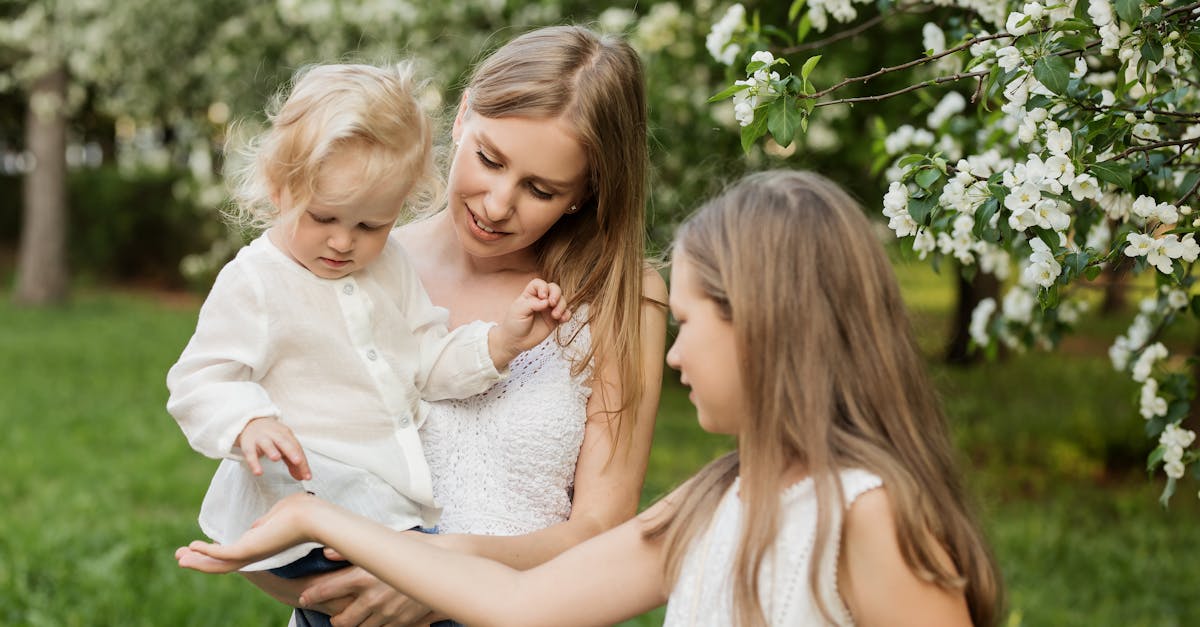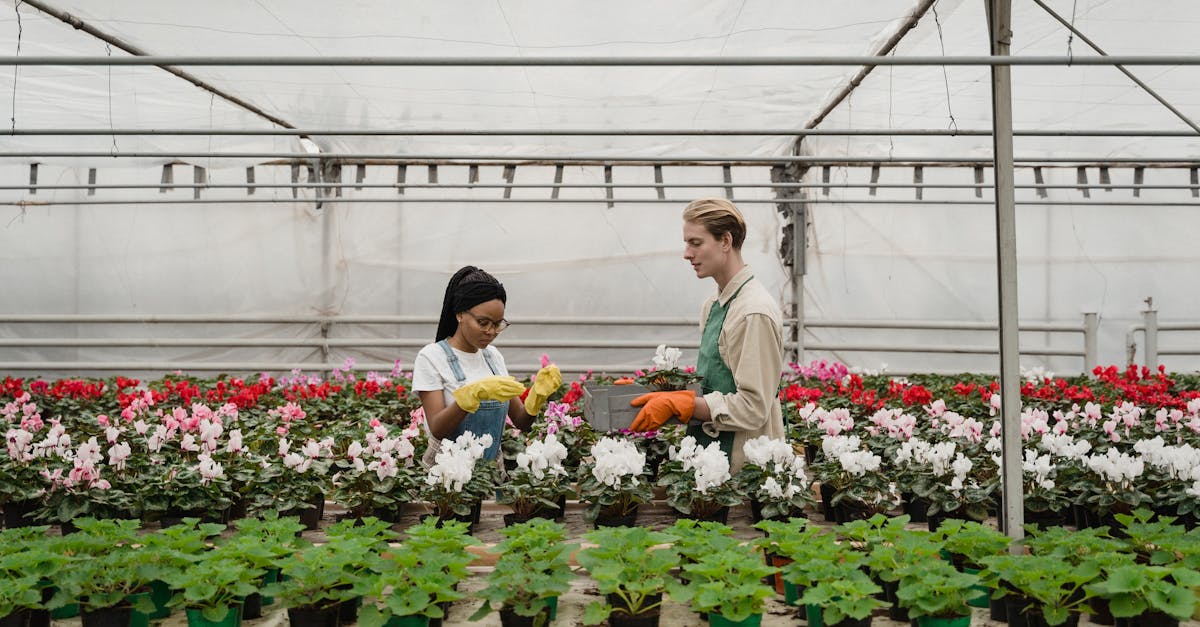Why Urban Gardening is Perfect for Teens
Ever noticed your teen glued to their screen? Urban gardening can pry them away while teaching life skills. It’s fun, engaging, and educational. Plus, nurturing plants can boost their mood. Gardening offers hands-on learning, patience, and responsibility. It’s a chance for teens to get dirty, have fun, and witness the amazing cycle of life.
Studies even show gardening reduces stress and anxiety in teens. An added bonus, they can boast a new skill! Parents, you’ll be amazed at the growth—of plants and your teen.

Starting Your First Garden Project
Starting a garden isn’t as hard as it sounds. Grab some pots, soil, seeds, and you’re set. Start small—perhaps on a balcony or a sunny windowsill. Community spaces can work too if you want something bigger. Engage your teen in planning. Sketch garden layouts and choose seeds together. Discuss each plant’s growth needs and preferences—sunlight, water, and soil type. This stage is crucial for setting a strong foundation. So, put on your gardening gloves and get down to business!

Choosing the Right Plants
Picking the right plants is crucial for success. Start with easy-to-grow species like tomatoes, lettuce, and herbs. These plants thrive in urban settings and give quick rewards. Teens love seeing fast results.
Discuss with your teen about types of veggies or flowers they’d like most. Incorporate pollinator plants to attract bees and butterflies. It adds life and a little enchantment to the garden.
Not every plant will survive, teach them that it’s okay. It’s all part of the learning process.

Setting Up a Community Garden Space
Securing a community space might seem daunting, but many cities support urban gardening. Consult local parks or unused plots. Once you find a spot, clean it up with the community. It becomes a joint effort, fostering teamwork. Teens will learn community responsibility and civic pride. Create garden beds with reclaimed wood or bricks. Raised beds are great for beginners. Make signs to educate passersby about plant types and gardening tips. Involve the neighborhood to make it a hub of activity.

Let’s cultivate a green space together!
Overcoming Emotional Challenges
Growing a garden isn’t just physical; it’s emotional. Teens might feel defeated if a plant dies or doesn’t sprout. Turn these moments into lessons. Discuss resilience and the importance of trying again. Gardening requires patience, and waiting can be tough for teens. Share stories about perseverance. Celebrate small wins, like the first bloom. Let them express joy and frustration—it’s all part of the experience. After all, gardens and emotions both need care to flourish.

Key Takeaways:
- Turning challenges into learning opportunities
- Emphasizing resilience and trying again
- Celebrating small victories
- Expressing and managing emotions
Tips for Successful Gardening
For a successful garden, consistent care is key. Watering schedules, weeding, and pruning are part of it. Break responsibilities into small, manageable tasks.
- Create a rotating chore wheel with your teen.
- Make DIY compost with kitchen scraps; it’s eco-friendly and educational.
- Encourage tracking growth in a garden journal. It builds observation skills.
- Mistakes happen, but that’s how learning sticks.
- Reward efforts with garden-to-table snacks. Fresh tomatoes have never tasted so sweet!

Engaging the Community and Sustaining Interest
A garden is a living community. Keep the neighborhood involved. Host monthly garden days to maintain the space. Plan workshops to share gardening tips. Teens can lead and teach others what they’ve learned. It gives them confidence and leadership skills. Bonus—offer produce to local food banks or shelter kitchens. It teaches charity and sharing. Incorporate social media to promote the garden’s progress. Snap photos and celebrate milestones online. The garden isn’t just a plot, it’s a community project.

